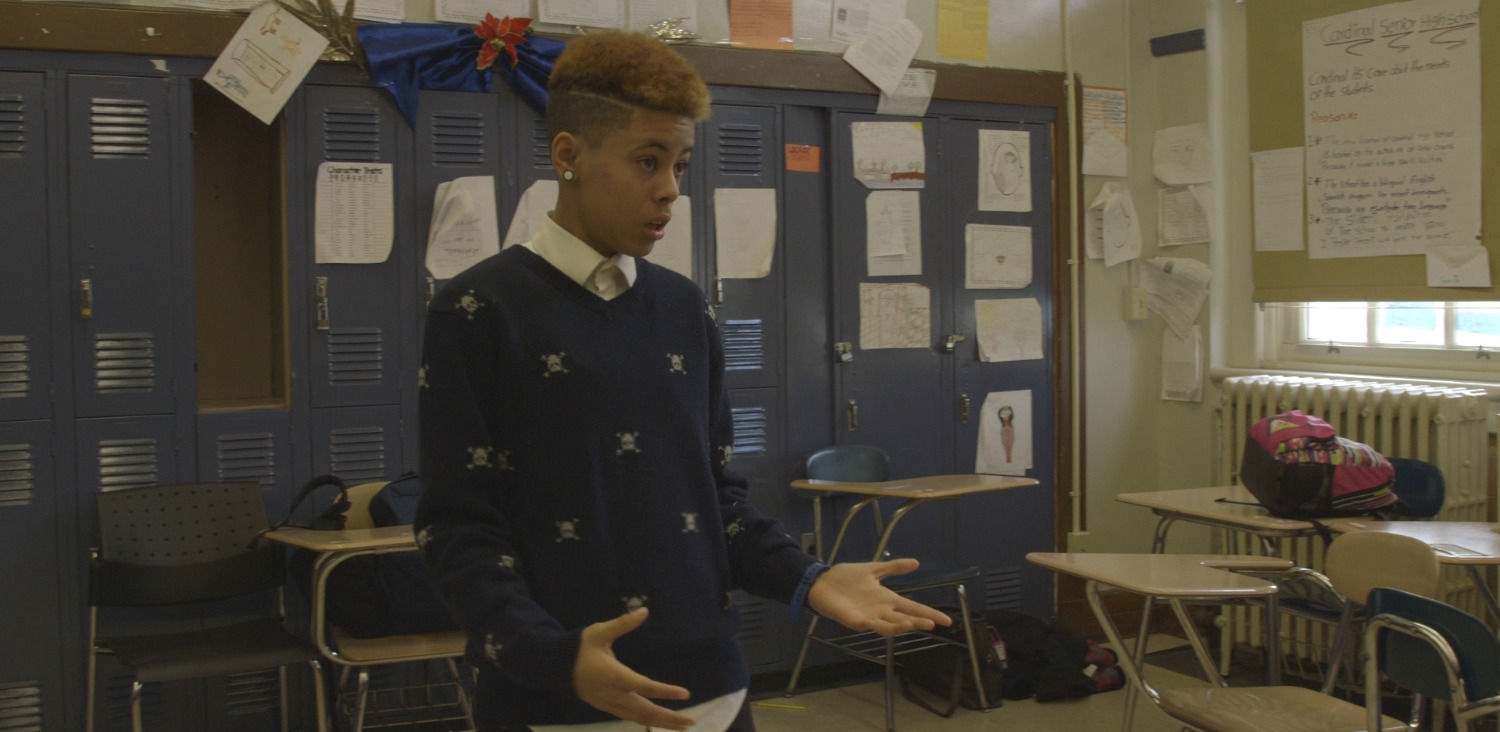
THE ISSUES
College access is one of the dominant civil rights issues of our time.
Low-income teenagers across the United States want all that a higher education promises: the possibility of prospering and participating in the American Dream.
Currently, 65% of all jobs require post-secondary education.
On average, college graduates make $1 million more over their lifetime than those who only graduated high school.
So it's no wonder that 83% of all high school students have college aspirations.
Only 49% of low-income students go to college immediately after high school, compared to 79% of high-income students.
By age 24, 77% of students from the top income quartile earn a college degree, while only 9% of students from the lowest income quartile do.
As a result, income inequality persists.
People from low-income backgrounds are increasingly excluded from higher education.
One major cause: they don’t have access to essential resources,
including college guidance support.
Most public high schools don't have a single college counselor. Instead, school counselors are often responsible for providing college and career counseling.
But more than one-fifth of public high schools in the nation don’t have a school counselor, according to the Education Department’s Office for Civil Rights.
Nationwide, the typical school counselor to student ratio is 1 to 424. You can find the ratio in your state here.
And school counselors report that they can only spend 20% of their time on college guidance.
It is as if we expect students to learn math, but don’t provide funding for math teachers.
And we know that college counseling works:
A study by the College Board found that adding one counselor to a high school's staff predicted a 10-percentage-point increase in the number of students who enrolled in four-year colleges.
A report by NACAC showed that after meeting one-on-one with a counselor to discuss college or financial aid, the chances of a student going to college triples and they are seven times more likely to apply for financial aid.
“Intensive college counseling provided to college-seeking, low-income students shifts their enrollment toward four-year colleges that are both relatively inexpensive and have better graduation rates than other institutions, according to a research paper published last week in Education and Finance Policy. Counseling also improves low-income students' persistence through at least the second year of college, the study found, which suggests a potential to increase degree completion rates for disadvantaged student groups.”- Inside Higher Ed
"...a recent study showed that students who met with a school counselor to talk about financial aid or college were three times more likely to attend college, and they were nearly seven times more likely to apply for financial aid." - Michelle Obama

